“Believe in yourself and the world will believe in you.” This popular quote closely reflects what high self-esteem can do for you. Unfortunately, many people go through life with jaded, bruised self-esteem, which affects every aspect of their life, including their intimate relationships. So, what is the role of self-esteem in relationships? And how can you find out how you fare on this front?
In this article, psychotherapist Jui Pimple (MA in Psychology), a trained Rational Emotive Behavior therapist and A Bach Remedy practitioner who specializes in online counseling, writes about the connection between self-esteem and relationships and also shares a self-esteem assessment test to help you assess yours.
What Is Self-Esteem?
The general meaning of self-esteem is one’s overall sense of worth, a combination of self-confidence and awareness of one’s skills and abilities. It is the way you think of yourself or how you perceive yourself. If you feel secure, self-confident, worthy most of the time, and have an identity, it means you have positive self-esteem.
Related Reading: 26 Love Yourself Quotes to Build Your Confidence
According to sociologist Morris Rosenberg, who developed the Rosenberg self-esteem scale (RSES), which is the most widely used tool for assessing self-esteem, a person with high self-esteem “considers himself/herself worthy; he/she does not necessarily consider himself/herself better than others”.
Unlike the narcissistic self which involves feelings of superiority and self-centeredness, self-esteem involves feelings of self-confidence and self-respect. Self-esteem plays an important role in our personal and professional growth, our achievements, relationships, and various other areas of life.
People with healthy self-esteem have a positive perception of life, are assertive, aware of their strengths and weaknesses, are less regretful about the past, and live in the present. On the other hand, people with low self-esteem are full of self-doubts, need assurance in everything, experience insecurities, find it difficult to express their needs, and in general, have a negative outlook toward life.
Development of self-esteem is closely linked to early childhood experiences and a person’s attachment style, based on the nature of their relationship with their parents or primary caregiver. It may also vary depending on various factors such as academic achievements, illnesses, socioeconomic status, physical abilities, experiences at school/work, etc.
The Role Of Self-Esteem In Relationships
Self-esteem and relationships are also closely linked, even though this interesting correlation often doesn’t get the attention it deserves. One simple explanation to understand the role of self-esteem in relationships is that we can give love to the other person if we are able to love and respect ourselves. In this article, we will explore the connection between healthy and low self-esteem and relationships.
Research has shown that people with healthy self-esteem,
- Tend to be happier and enjoy long-lasting, fulfilling relationships with their partners.
- Experience satisfaction in life
- Are confident
- Able to communicate their needs
- Can be there for their partners without neglecting their own needs
Related Reading: Healthy Relationship Dynamics – 10 Fundamentals
All of these things matter a lot in building healthy, wholesome romantic relationships. One of the findings of the same research is that self-esteem issues in relationships not only affect the person who struggles with a jaded sense of self but also their partner’s satisfaction levels.
How low self-esteem in relationships manifests itself
Low self-esteem in relationships is a widely researched topic. The key takeaway is that a person who struggles with low self-esteem tends to project their fears and insecurities onto their partner, often leading to dissatisfactory, dysfunctional, or stifling relationship dynamics. Here are a few reasons why low self-esteem leads to poor relationships:
- Lack of authentic self: People with low self-esteem find it difficult to be their true selves. They sometimes try to adapt to others’ needs or look more attractive and likable while ignoring their likes and dislikes. This kind of behavior often leads to a lack of contentment, and over time, they may get tired of living as per others’ desires, leading to a poor relationship
- Insecurities and anxieties: People with low self-esteem often struggle with insecurities and anxieties, and these affect their relationships adversely. One’s anxieties may get transferred to a partner and lead to an overall negative environment
- Trust issues: Also, people with low self-esteem have trust issues and may keep doubting their partner’s loyalty, indirectly affecting the peace of mind of both partners
- Inability to handle criticism: Low self-esteem results in high sensitivity to feedback from others. These people are unable to handle any negative feedback or even the most constructive criticism. They get hurt easily, which often leads to arguments. As a result of their reactions, their partners may stop sharing their thoughts with them, leading to a sense of disingenuity in the relationship
- Inability to express needs: Low self-esteem is characterized by an inability to express one’s needs. If a partner with low self-esteem is not able to express his/her needs assertively, it can lead to him/her always compromising in the relationship. This can lead to a build-up of resentment, which can erupt in the unhealthiest ways with the slightest trigger
Related Reading: 5 Causes, 13 Signs Of One-Sided Relationships And What To Do About Them
Since you know how self-esteem issues in relationships play out, how about taking a quick test to know your self-esteem?
Finally, if at all, you or your partner feel stuck at any moment in a relationship causing low self-esteem, don’t shy away from taking professional help. A therapist can help you recognize patterns like negative self-talk or stories that you tell yourself repeatedly to stay in victim mode. They can also guide you about your insecure attachment style leading to low self-esteem in a relationship symptoms. So, don’t be afraid to reach out to them. Our counselors from Bonobology’s panel are just a click away.
30 Manipulative Things Narcissists Say In An Argument And What They Actually Mean
Emotional Validation In Relationships – Meaning, Importance, And Signs
Your contribution does not constitute a charitable donation. It will allow Bonobology to continue bringing you new and up-to-date information in our pursuit of helping anyone in the world to learn how to do anything.








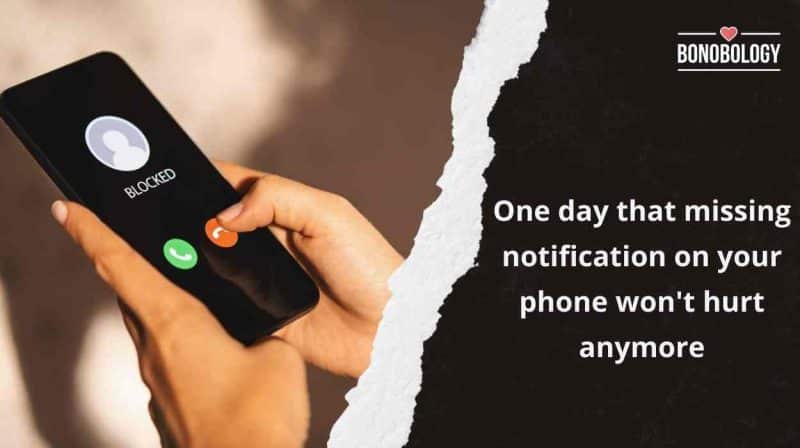


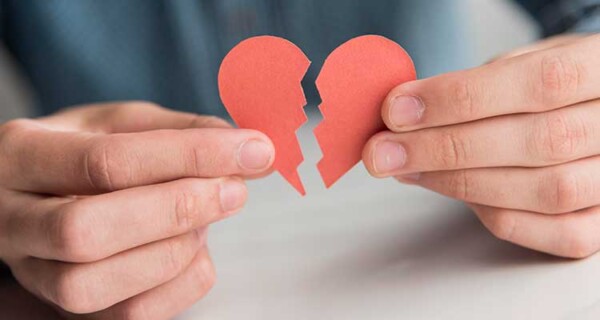
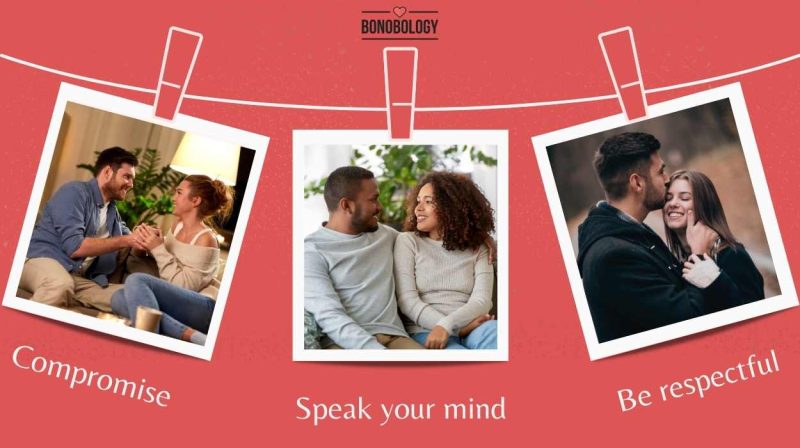
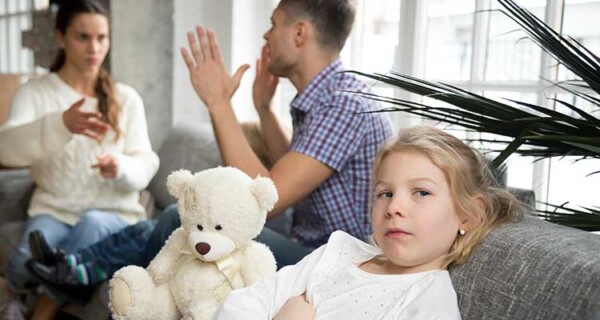
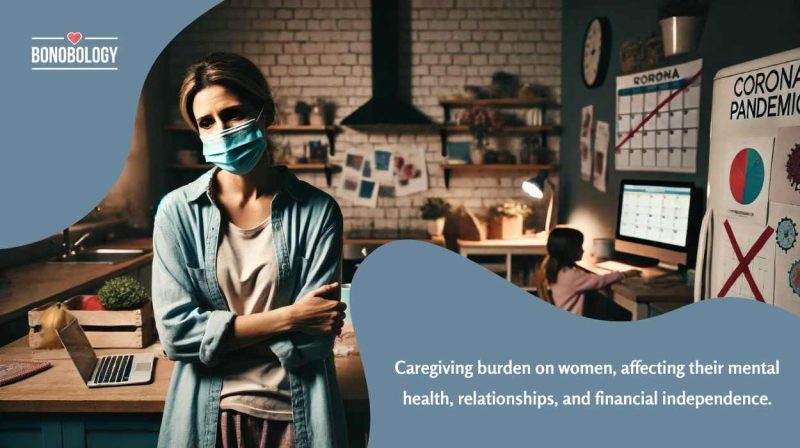








Featured
Lying By Omission And Its Consequences On Relationships
I Don’t Trust My Boyfriend – 9 Probable Reasons And 6 Helpful Tips
What Is Breadcrumbing In Dating? Signs And How To Respond To It
Do Long-Distance Relationships Work?
How To Deal With Someone Who Blames You For Everything — 21 Sensible Ways
Does The No Contact Rule After Break Up Work? Expert Responds
Stereotyping Men: Why It’s Time To Think Outside The ‘Man Box’
Why Is Being Single Looked Down Upon? Decoding The Psychology Behind Judgment
Broken Heart Syndrome: When Your Heart Breaks, Quite Literally
15 Tips To Keep A Relationship Strong And Healthy
Attachment Styles Psychology: How You Were Raised Affects Relationships
The Burden of Care, an Often Overlooked Impact of the Pandemic on Women
Marriage Counseling – 15 Goals That Should Be Addressed Says Therapist
Post-Wedding Depression: I Was So Depressed I Tried To Commit Suicide
9 Proven Benefits Of Counseling – Don’t Suffer In Silence
Giving Too Much In A Relationship? How Much To Give Of Yourself
Dating As A Single Mom – 9 Tips
Having a Relationship With An Introvert? 7 Tips For Dating An Introvert
How To Watch Out For The Relationship Red Flags – Expert Tells You
Midlife Crisis For A Woman: What Is It? How To Deal With It?